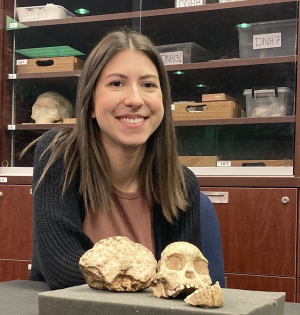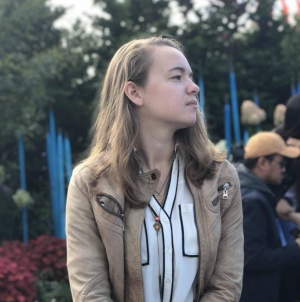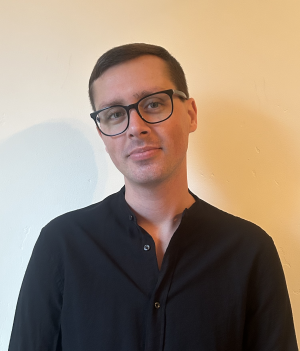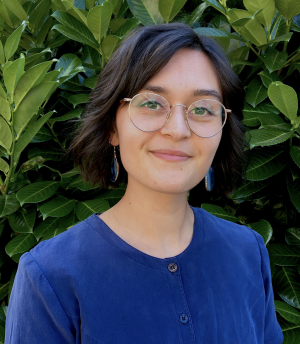Klara Komza
Anthropology and Biological Science; Mentors - Jerry DeSilva and Mark McPeek
Klara is an evolutionary anthropologist whose research focuses on skeletal shape variation in our extinct human relatives. Using quantitative genetics, a computational method derived from evolutionary biology, she investigates the evolutionary forces that shaped this diversity as our ancestors started walking upright and populating the world. As a Neukom Fellow, she will reconstruct the evolutionary forces that contributed to the diversification of our closest extinct relatives, members of the genus Homo. This genus encompasses a broad range of species, some more similar to modern humans than others, but their evolutionary history is unresolved. Klara will shed light on how these extinct relatives diversified as they evolved in Africa and dispersed to the rest of the world.
Klara Komza



